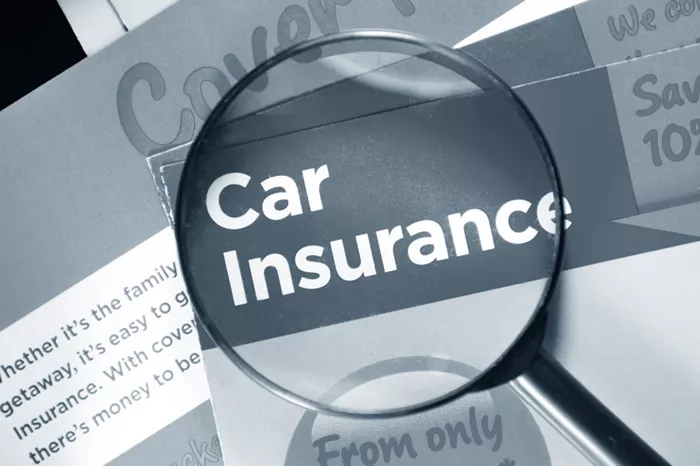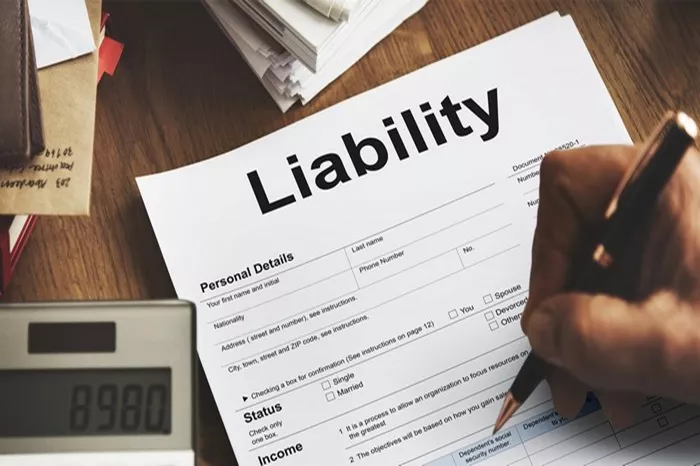Stopping your car insurance renewal can be a straightforward process if done correctly, but it requires attention to detail to avoid potential issues such as lapses in coverage or unexpected fees. Whether you’re seeking better rates, moving to a new location, or simply no longer need your vehicle insured, there are various reasons you might want to stop your car insurance renewal. This article will guide you through the process, provide essential tips, and highlight key considerations to ensure you handle this task efficiently and effectively.
Understanding Car Insurance Renewal
Car insurance policies typically renew automatically at the end of each term, which is usually six months or a year. This automatic renewal process ensures continuous coverage without the need for you to manually renew your policy. While this can be convenient, it also means that if you want to stop your insurance renewal, you need to take proactive steps to prevent it from occurring.
When you first sign up for car insurance, the insurer may ask you to agree to automatic renewals. This means that, unless you instruct them otherwise, your policy will renew under the same terms, and the premium will be automatically charged to your account. If you’re planning to stop your car insurance renewal, it’s essential to understand the specific terms of your policy and the procedures your insurer has in place for canceling renewals.
Reasons for Stopping Car Insurance Renewal
There are several reasons you might choose to stop your car insurance renewal:
Seeking Better Rates: If you’ve found a more affordable insurance policy with better coverage, you may decide to switch providers.
Selling or No Longer Using Your Vehicle: If you no longer own the car or it’s no longer in use, maintaining insurance might not make sense.
Relocation: Moving to a different state or country may require you to cancel your current policy and seek new coverage.
Changes in Coverage Needs: Your insurance needs might have changed, prompting you to reconsider your existing policy.
Dissatisfaction with Your Current Insurer: Poor customer service, claims handling issues, or dissatisfaction with your current insurer might lead you to look elsewhere.
Understanding your reasons for stopping the renewal will help you approach the process with clear objectives and ensure that any new policy you consider meets your needs.
Steps to Stop Your Car Insurance Renewal
1. Review Your Current Policy
The first step in stopping your car insurance renewal is to thoroughly review your current policy. Check the following details:
Renewal Date: Determine when your policy is set to renew. Most insurers will send a renewal notice 30 to 45 days before the renewal date. This notice will outline the new premium and any changes to the policy terms.
Cancellation Policy: Review the terms and conditions regarding cancellation. Some insurers may require written notice a certain number of days before the renewal date. Understanding these requirements will help you avoid potential fees or complications.
Current Premium: Compare your current premium to potential new quotes to ensure you’re making a cost-effective decision.
Coverage Requirements: Ensure that any new policy you consider offers comparable or better coverage, especially if you’re planning to switch insurers.
2. Contact Your Insurance Provider
Once you’ve reviewed your policy and decided to stop the renewal, the next step is to contact your insurance provider. You can usually do this by phone, email, or through the insurer’s online portal. When contacting your insurer, be sure to:
Request Confirmation: Ask for confirmation that your renewal has been canceled. This confirmation should be in writing, either via email or postal mail, to avoid any misunderstandings.
Provide Necessary Information: Be prepared to provide your policy number, name, and the reason for canceling. Some insurers may ask why you’re canceling to understand if there’s anything they can do to retain your business.
Ask About Refunds: If you’ve paid for your policy in advance and are canceling before the end of the term, ask about potential refunds. Some insurers may offer a prorated refund for the unused portion of your premium.
See Also: When Can I Cancel Car Insurance?
3. Arrange New Coverage (If Applicable)
If you’re canceling your current policy because you’ve found a better option, make sure you have your new coverage in place before canceling the old one. This is crucial to avoid any lapses in coverage, which could leave you financially vulnerable in the event of an accident.
Compare Quotes: Shop around for new insurance quotes to ensure you’re getting the best deal. Use online comparison tools, consult with an insurance broker, or reach out directly to insurance companies.
Understand the New Policy: Before committing to a new policy, review the terms carefully to ensure it meets your needs. Pay attention to coverage limits, deductibles, and any exclusions.
Schedule the Start Date: Coordinate the start date of your new policy to align with the end date of your current policy. This will help ensure continuous coverage.
4. Cancel Automatic Payments
If your insurance premiums are paid automatically via direct debit or credit card, be sure to cancel these payments. Contact your bank or credit card company to stop future payments to your insurer. This step is crucial to prevent unintentional charges after your policy has been canceled.
Verify Final Payment: Make sure your final payment aligns with the coverage period you’ve used. Any discrepancies should be addressed with your insurer.
5. Return Any Necessary Documents
Some insurers may require you to return certain documents, such as the insurance certificate or proof of coverage. Ensure you comply with these requests to avoid any complications.
Request Proof of Cancellation: If your insurer requires document returns, request proof of cancellation or a cancellation letter. This will serve as evidence that you’ve fulfilled your obligations.
6. Monitor Your Bank Statements
After canceling your policy and stopping automatic payments, monitor your bank statements to ensure that no additional charges are made. If you notice any unauthorized charges, contact your insurer immediately to resolve the issue.
What Happens After You Cancel Your Insurance?
After you’ve successfully canceled your car insurance renewal, there are several things you should be aware of:
Refund Process: If you’re eligible for a refund of your premium, this process may take a few weeks. Monitor your accounts to ensure the refund is received.
Documentation: Keep all documents related to the cancellation, including confirmation letters, emails, and any correspondence with your insurer.
New Insurance Coverage: If you’ve switched to a new insurer, familiarize yourself with the new policy and ensure you have all necessary documentation, such as insurance cards and proof of coverage.
Driving Without Insurance: Remember that in most states, driving without insurance is illegal. Ensure that you have continuous coverage to avoid fines, legal issues, and financial risks.
Future Insurance Applications: If you plan to apply for new insurance in the future, be aware that insurers will check your history. Frequent cancellations or lapses in coverage can affect your premiums or eligibility for certain policies.
Conclusion
Stopping your car insurance renewal is a process that requires careful planning and attention to detail. By understanding your current policy, contacting your insurer, arranging new coverage, and avoiding common pitfalls, you can ensure a smooth transition without lapses in coverage or unexpected fees. Whether you’re switching to a new insurer, no longer need coverage, or are making significant life changes, taking the right steps will help protect your financial interests and keep you on the road legally and safely.
Remember, when canceling or changing your car insurance, always document your actions, confirm with your insurer, and make sure any new coverage is in place before ending your current policy. By doing so, you can navigate the process with confidence and peace of mind.






















